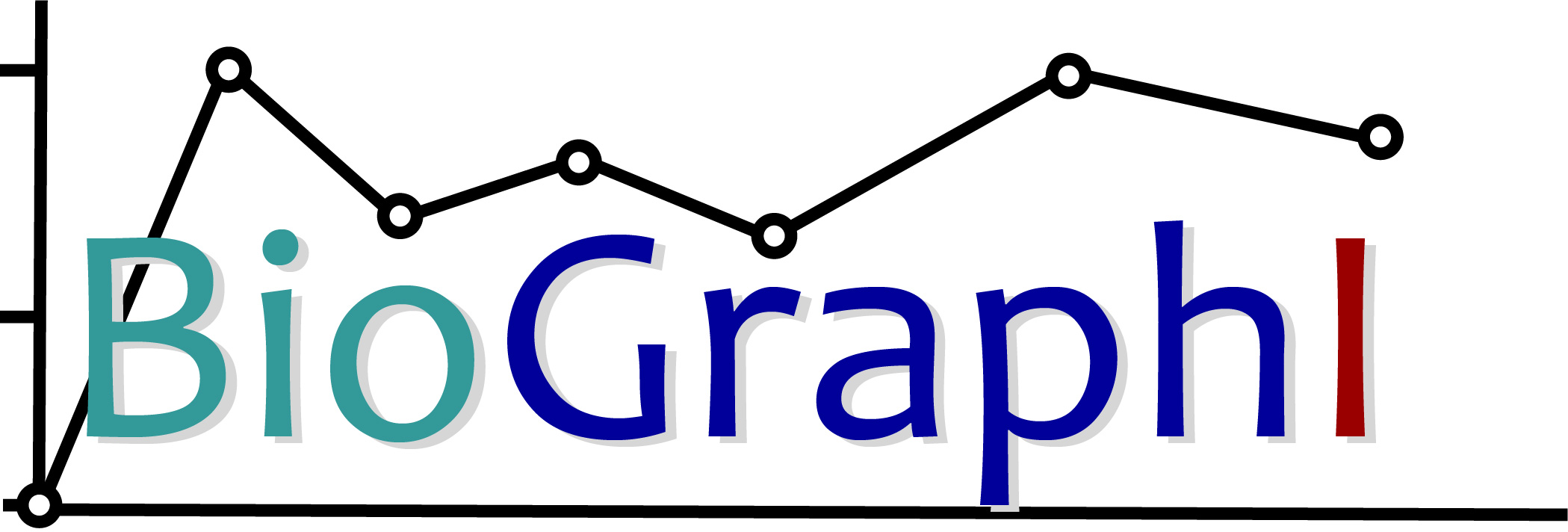Biologists and Graph Interpretation (BioGraphI) strives to increase student persistence in biology through improving representation of diverse scientists in the curriculum and incorporating data interpretation skills.
We are a Research Coordination Network of faculty who work collaboratively to:
-
Create, pilot, revise, and publish curricular materials as Open Educational Resources (OER) in online Faculty Mentoring Networks (FMNs)
-
Participate in workshops to learn how to implement or adapt the curriculum
-
Engage with and support fellow faculty via network-wide online activities, including leadership opportunities
-
Engage with established partnerships between this network and other initiatives with similar goals
Intellectual Merit
The network’s strengths are its flexibility, which enables participants to engage with multiple professional development (PD) and networking opportunities, including leadership roles and in online and in-person modalities, and its structure, which allows us to identify factors that increase PD efficacy. Network assessment results will contribute to the design of future PD to maximize faculty outcomes. Reflections from faculty and students on the inclusion of counterstereotypical scientists in their classrooms will provide insight into the benefits of drawing from diverse perspectives when teaching data literacy skills in biology, increase awareness of these perspectives in the classroom, and allow for comparisons of outcomes across faculty and students. Student benefits from combining data literacy with diverse identities will be assessed to determine how they affect student learning, self-efficacy, and persistence of historically excluded groups (HEGs) in biology programs.
Broader Impacts
The network addresses the need for undergraduates’ positive engagement with data literacy in biology courses and foster a community that embraces diversity of scientists and students. With greater representation of HEGs and deliberate integration of data literacy skills in biology courses, students from HEGs are expected to have a greater sense of belongingness as well as an increased confidence in, and understanding of, quantitative skills in biology. Through conference workshops, Faculty Mentoring Network (FMNs) participation, and networking events across the research coordination network, over 200 faculty will participate in PD in inclusive, evidence-based teaching methods (e.g. backward design) and improve their abilities to support diverse perspectives of their students and the biology community. We aim to create an effective and sustainable faculty support system by hosting our online community of educators on the QUBEShub platform, disseminating network and workshop plans freely, providing opportunities for members to generate next directions, and supporting student success and diversity in the STEM workforce.
This project is funded by the Directorate for Biological Sciences, Division of Biological Infrastructure as part of efforts to address the challenges posed in Vision and Change in Undergraduate Biology Education: A Call to Action (http://visionandchange/finalreport/). Award number 2120679.
This award reflects NSF's statutory mission and has been deemed worthy of support through evaluation using the Foundation's intellectual merit and broader impacts review criteria.
